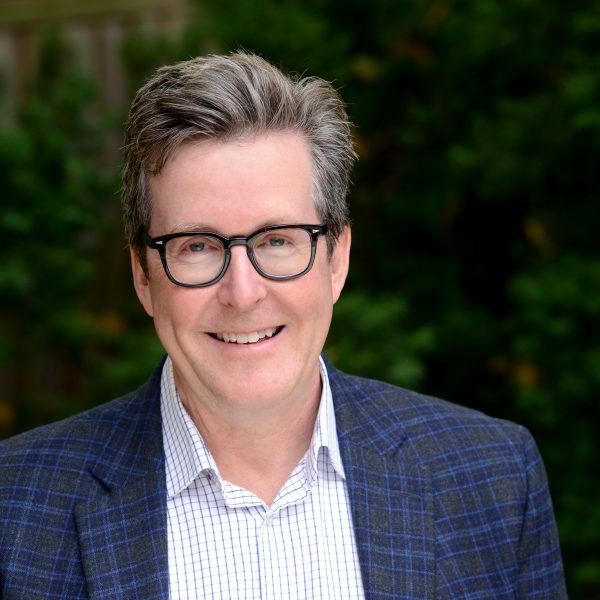Over the past few years, our Environment Program has been seeding the growth of a set of conversations across the country about how to connect what have often been two separate tracks of environment sector activity, one focused on climate action and the other on protecting biodiversity. By supporting work at the intersection of climate, biodiversity, and sustainable livelihoods, we are also trying to bridge what are real and growing divides in Canada, including tensions between urban and rural communities, and those living in the north or south, or eastern and western regions of the country. The Foundation remains committed to advancing efforts towards reconciliation through direct support for Indigenous-led conservation and stewardship.
The Nature-Based Climate Solutions Summit, held in Ottawa in early February, was a moment where much of this work, and the people leading it, gathered for the first time in Canada. The sold-out summit convened hundreds of people from coast to coast to coast who are interested in moving from big ideas to specific actions on nature-based solutions to climate change. We heard from Indigenous leaders and industry representatives, farmers and foresters, and a range of NGO sector leaders, to name just a few. We also heard from ministers of government and senior civil servants about the unique policy window that exists right now to inform how the federal government delivers on laudable commitments they have made to nature-based climate solutions.
The energy and enthusiasm in the room was palpable, with a real sense that there is a growing desire for coordinated responses to our planet’s twin environmental crises: biodiversity loss and climate change. The work ahead is daunting, but for that moment in early February, we saw and felt the potential of what can be achieved by working together in common cause.
A recent highlight in our Inclusive Local Economies Program, was the release of our third report on working poverty in the Toronto region by long-time Innovation Fellow John Stapleton (with contributions by Dr. Carl James and Dr. Kofi Hope). For the first time, John used disaggregated data to reveal the extent to which working poverty has grown in the last decade and the disproportionate representation of racialized people, especially in the Black community, amongst the working poor. These findings were widely reported, including in the Toronto Star and on CBC Radio One’s Metro Morning.
Based on the intense level of interest in this report, we commissioned a special series, asking three colleagues to reflect on some of the realities facing the working poor. Ajeev Bhatia, Manager of Policy/Community Connections at the Centre for Connected Communities, Claire-Hélène Heese-Boutin, Community Development Coordinator with West Neighbourhood House, and Maya Roy, CEO of YWCA Canada, all offer insights into how to address this escalating social problem.
I hope you are inspired, informed, and motivated by the stories that follow. And as always, I look forward to hearing your thoughts.
 |
Sandy Houston President and CEO |